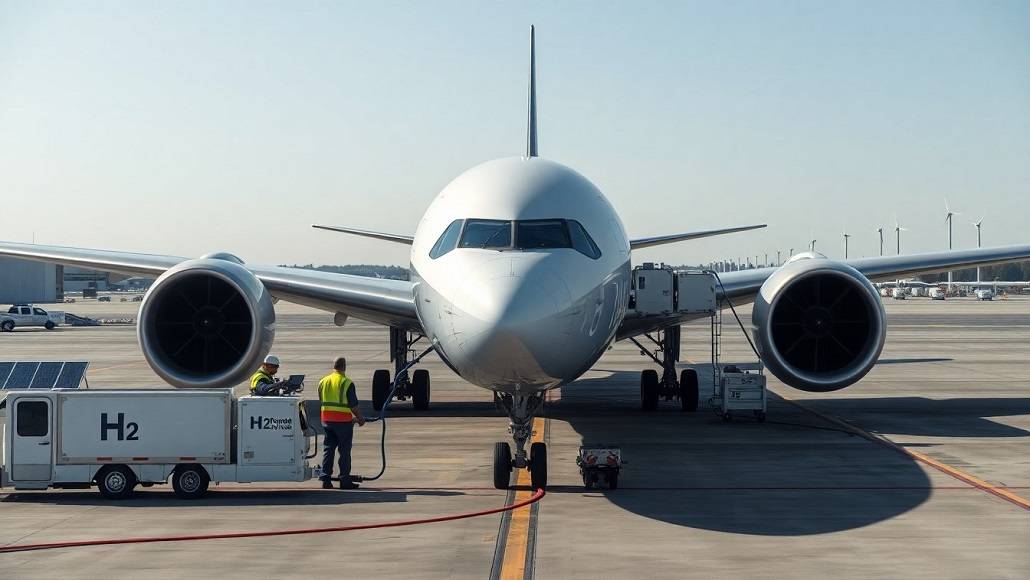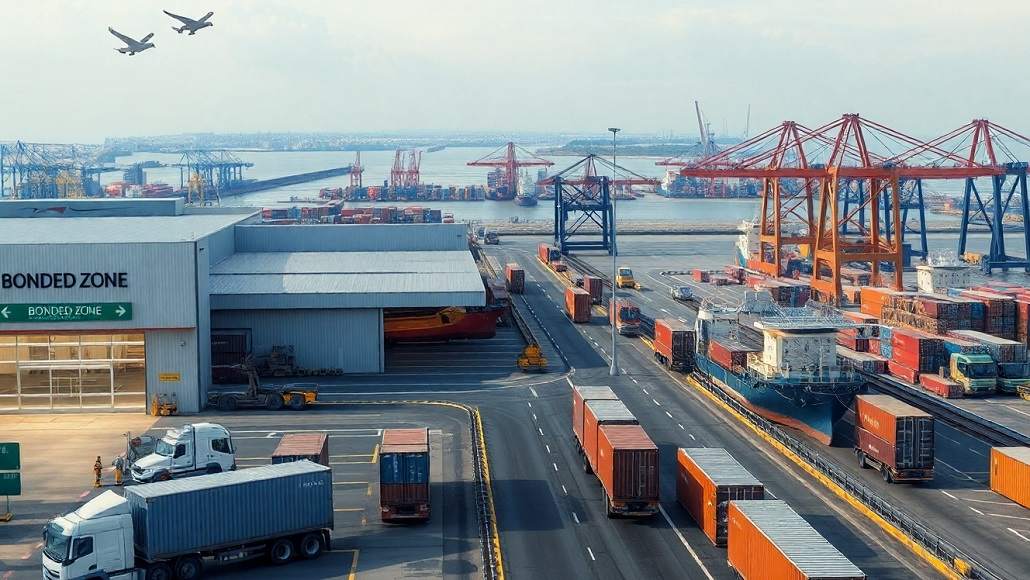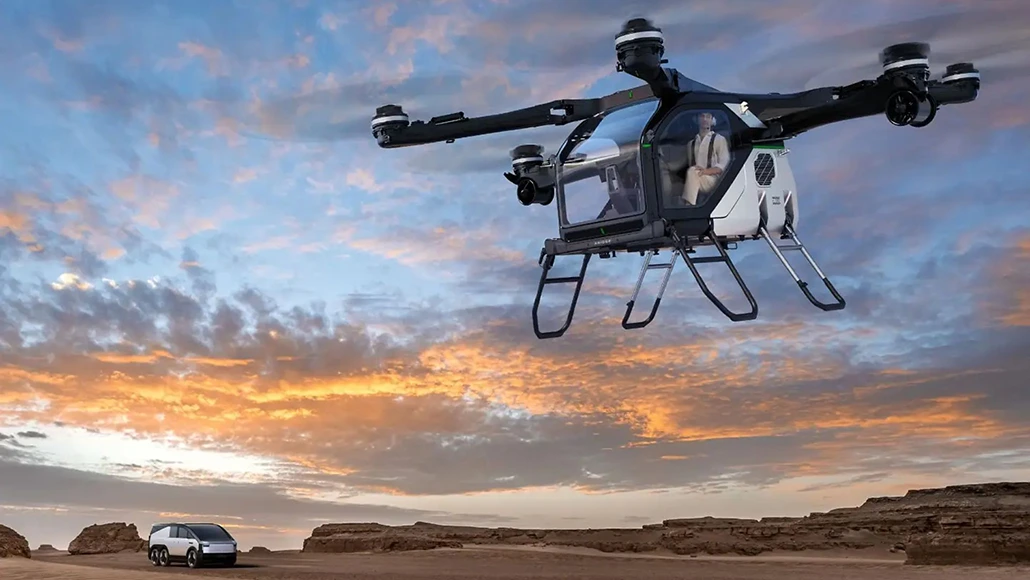A Chinese-made flying car was demonstrated over one of Dubai’s beach resorts, attracting attention from industry observers.
Guangzhou-based Aridge conducted a manned flight of its Land Aircraft Carrier for a selected audience in the United Arab Emirates. The company aims to offer the electric aircraft as a transport option for high-net-worth individuals in the region.
The aircraft launches from a wheeled mothership and is capable of vertical takeoff and landing. Aridge said it has received 600 pre-orders, including from UAE-based Ali & Sons Group and Qatar’s Almana Group.
Priced below $270,000 in China, the flying car is controlled by a joystick and includes an automated flight mode. “It is designed to be accessible and able to be flown by ordinary people, everyone — you don’t need to be a professional pilot,” said Michael Chao Du, Aridge’s chief financial officer and vice president. No price has been announced for the UAE.
Aridge, a unit of XPENG Motors (formerly XPENG AEROHT) has become a part of UAE’s technology adoption and luxury transport. The company experienced a setback last month when one of its aircraft caught fire at a Chinese air show.
Advances in battery technology have supported the emergence of multiple flying taxi companies globally, although the industry’s commercial viability beyond affluent customers remains uncertain. Joby Aviation, a Santa Cruz-based manufacturer of electric vertical takeoff and landing aircraft, also plans to launch an air taxi service in Dubai.
The public demonstration of Land Aircraft Carrier at Palm Jumeirah followed Aridge’s receipt of a special flight permit in September from the UAE’s General Civil Aviation Authority. Additional approvals will be required for wider operations and sales.
Flying cars are “the future of mobility”, said Ali Al Blooshi, an official from Dubai’s civil aviation authority. “We expect them to become accessible and affordable soon as more companies enter the market.”
Aridge has begun mass production in China, with a facility capable of producing 10,000 units per year. The first consumer deliveries are expected in 2027.



























